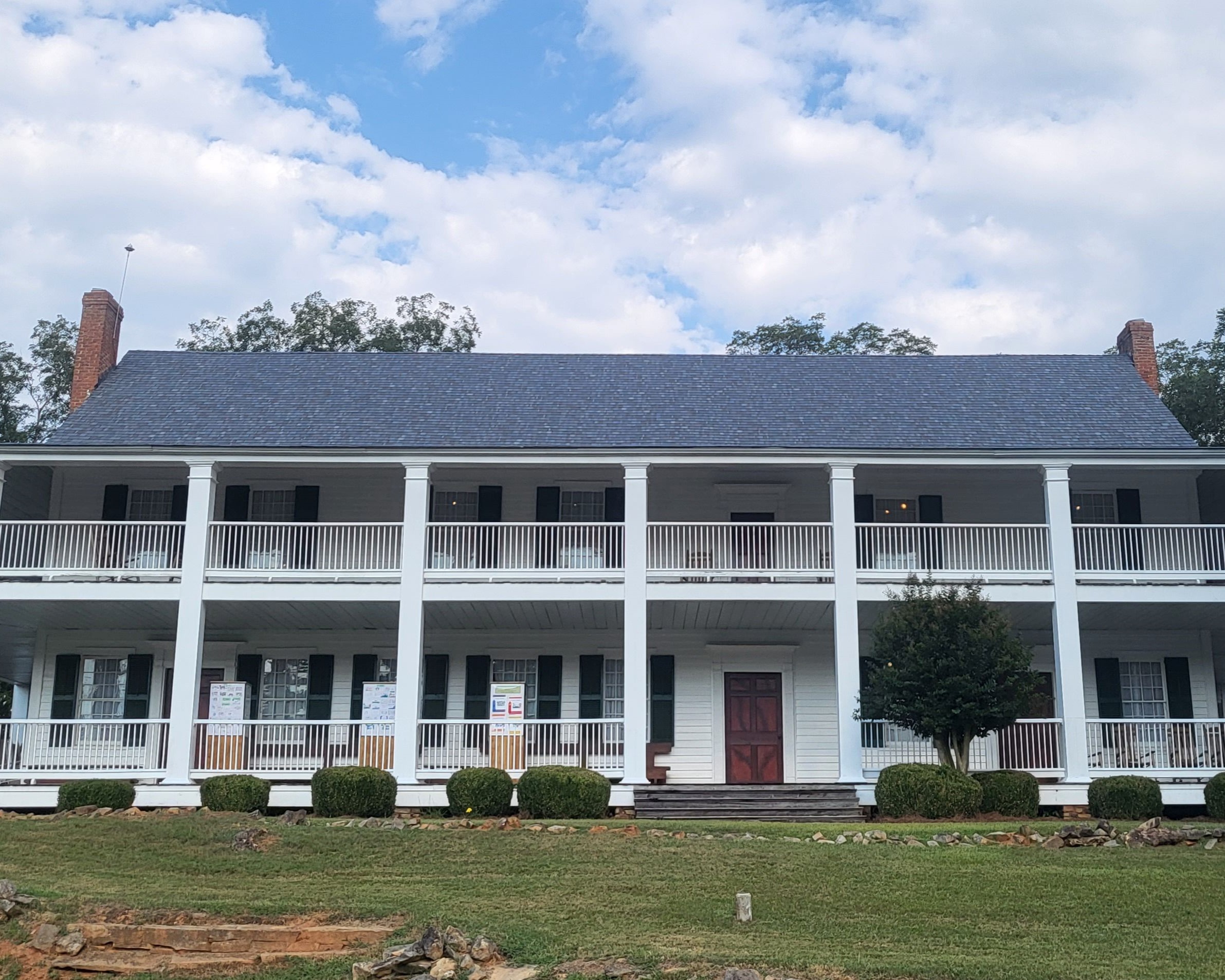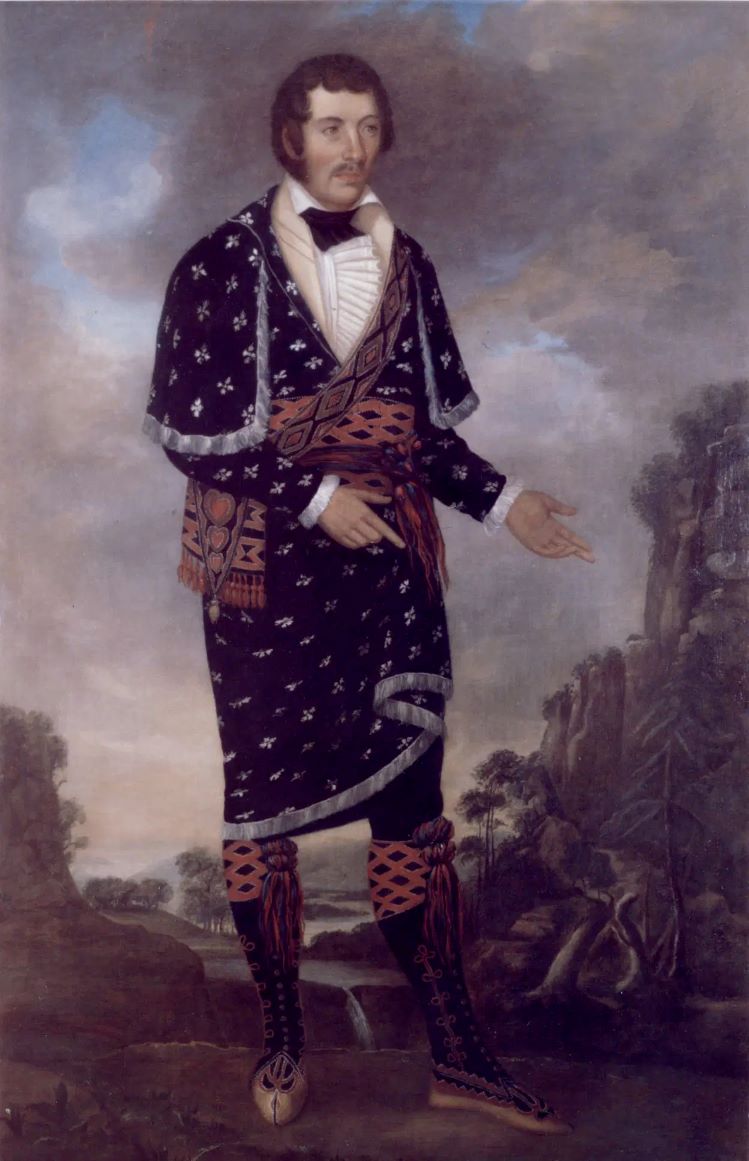Authors:
Historic Era: Era 4: Expansion and Reform (1801-1861)
Historic Theme:
Subject:
Winter 2024 | Volume 69, Issue 1


Authors:
Historic Era: Era 4: Expansion and Reform (1801-1861)
Historic Theme:
Subject:
Winter 2024 | Volume 69, Issue 1

On February 12, 1825, in the alcove of a second-floor room in a grand, white, Federal-style stagecoach inn and tavern, Chief William McIntosh, the half-Scottish, half-Creek leader of the Lower Creek Indians, along with five fellow Lower Creek chiefs and federal representatives, signed the Treaty of Indian Springs. This monumental accord declared that 4,700,000 acres of Muscogee land in Georgia would be sold to the United States. There, inside the inn and tavern that he built just two years earlier, McIntosh signed his death sentence.
Before the meeting, he had been warned that he would face dire circumstances if he made a deal with the government. Opothleyahola, the leader of the Upper Creek tribe, sternly cautioned him, “I have told you your fate if you sign that paper. I once more say: beware.” But McIntosh proceeded without approval from the Upper Creeks, and during the signing, Opothleyahola stood behind the inn and furiously proclaimed, “You snake. You will die for this!”
Their anger was intensified by McIntosh giving his cousin, Governor George Troup of Georgia, permission to survey the land before the U.S. did. In exchange for the huge give-away, the government awarded the chief $200,000, plus 1000 acres of land at Indian Springs and another 640 along the Ocmulgee River. Congress ratified the treaty.
This was not the first time that McIntosh had been at odds with members of the Creek tribe. The son of a white Scotsman and a Creek woman who was a member of the Wind Clan, he was raised amongst the Creeks, but was also fluent in English. Because he was related to several prominent Georgians and had formed friendly relationships with white men, many Creeks questioned whether he was more loyal to the U.S. government. Going against traditional Creek beliefs, he supported slavery, owned various properties, and promoted the cultivation of cotton.
During the Creek War of 1813-1814, McIntosh’s support of General Andrew Jackson exacerbated the disdain that many Creeks had for him. His alliance with the Tennessee and Georgia militias against the Red Sticks, or Upper Creeks, caused most Creeks to hate him, though he was able to retain his influence by working with American government agents to get food and other crucial supplies to his people after the war. By the time he signed the Treaty of Indian Springs, the chief was a highly controversial figure.
